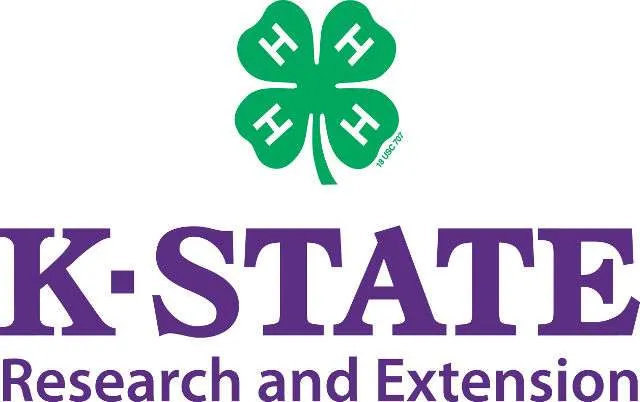Community vitality team pushes on with numerous efforts to engage youth-facilitated dialogues
By Taylor Jamison, K-State Research and Extension news writer
MANHATTAN, Kan. — The youth coordinators for the Kansas 4-H community vitality project said recently that the programs they offer are helping to foster leadership and dialogue among youth.
Jacklyn Hernandez, A K-State freshman and the project’s coordinator, noted one program – Conversation Boot Camp –focuses on such important topics as empathy, critical communication styles and conflict styles.
“The Conversation Boot Camp is a 2-3 hour session that arms youth with the baseline knowledge for handling difficult conversations,” Hernandez said.
Chase Jordan, the assistant coordinator for the Kansas 4-H community vitality project who is a junior at K-State, pointed to another program currently being offered in partnership with Kansas State University’s Marianna Kistler Beach Museum of Art, called Visual Thinking Strategies. That program, Jordan noted, helps youth think critically about a piece of art or illustration.
“Along with increasing youth’s knowledge of art, the project also functions as a great team building exercise and icebreaker,” he said.
Jordan also said other programs help to increase youth’s skills in civic discourse.
Kansas 4-H provides facilitator training through K-State’s Institute of Civic Discourse and Diplomacy. The program centers around deliberation and dialogue from materials developed by ICDD.
“From them, we get their principals of civic discourse,” Jordan said. “It really allows students to connect with ground rules that we can have them remind each other of throughout the community conversation series. So, being respectful, allowing for time limits to be respected, and sharing in an environment they feel safe in.”
Another program, Community Conversations, encourages youth to spark dialogues about relevant issues within their own community. The topics range from mental health, economic issues, agriculture related issues, social issues or civic engagement.
“We reach out to extension agents and offer them to lead a Community Conversation,” Hernandez said. “We’ll train [the youth] about two weeks before…then they learn how to become facilitators.”
Jordan said the community vitality team provides resources and support to help youth feel prepared to host a productive conversation.
A new program offered for extension agents and local community organizations is the Leadership Summit – a culmination of the community vitality team’s communication projects.
The program offers an array of resources to those outside 4-H, such as leadership training and fostering youth connections.
“They are really able to personalize the experience to what they are hoping to accomplish,” Jordan said. “We like to incorporate some team-building exercises that the extension agents produce to keep the youth engaged. They’ll be able to really have a great time.”
Hernandez said that youth participating in the Leadership Summit benefit by learning about their leadership style, exploring how to approach difficult conversations, and sharing their thoughts in ways they didn’t expect.
“With these deliberations, it’s much more dialogue-focused,” Jordan said. “(It becomes) more a conversation centered around respect and charity, as opposed to hostility and aggression.”
For more information related to the Kansas 4-H’s community vitality project, send email to Jordan, jordancr@ksu.edu, or contact your local extension office.
-30-
FOR PRINT PUBLICATIONS: Links used in this story
Kansas 4-H, www.kansas4-h.org
K-State Research and Extension local offices, www.ksre.k-state.edu/about/stateandareamaps.html
K State Research and Extension is a short name for the Kansas State University Agricultural Experiment Station and Cooperative Extension Service, a program designed to generate and distribute useful knowledge for the well being of Kansans. Supported by county, state, federal and private funds, the program has county extension offices, experiment fields, area extension offices and regional research centers statewide. Its headquarters is on the K State campus in Manhattan. For more information, visit www.ksre.ksu.edu. K-State Research and Extension is an equal opportunity provider and employer.
Story by:
Taylor Jamison
mtjamison@ksu.edu
For more information:
Chase Jordan
jordancr@ksu.edu



